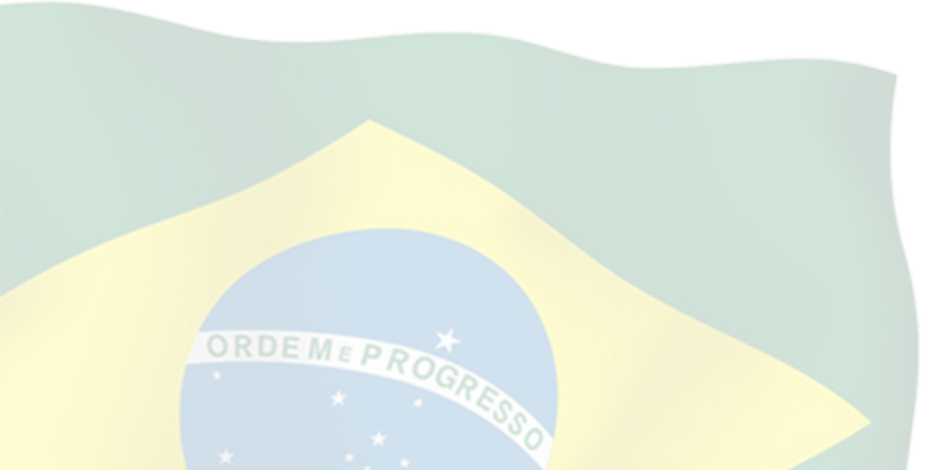Todo mundo (everyone) gets confused about these. Tudo in Portuguese sounds so much like todo & toda that it's tough to keep them straight ~ even though these are three of the most-used words in the language.
TUDO = all, everything for GENERAL things.
TODO & TODA = all, everything for SPECIFIC things (things that you can name)
But seriously. These are just words that convey all, every, ETC.
To keep them straight you just need to think of tudo as everything. Todo and toda are used when talking about specific things.
For example, when you say tudo bem, you're saying everything's fine. Tudo bom = everything's good. There's no gender to it because you're saying that tudo is bem - the weather, your job, your mom, the president, and the world in general. Tudo. EVERYTHING. No gender needed.
*To learn how DAR get's used to say things like work out, see this post about DAR.
Tudo (everyone) gets confused over these two very common words:
TUDO has no plural. It is all and everything and itself a sort of plural without having a plural.
TODO & TODA have the same meaning ~ but are used to talk about a very specific use of all and every.
*Even though it seems like todo dia is more than one it's singular! It's the same as we say, every day. You CAN say this in the plural in the same way that we say, all of the days: todo os dias. That's plural, though the meaning is equal to todo dia!
todo = masculine (pl: todos)
*O dinheiro is of course, singular. Could you say, todos os dinheiros~? I guess so if you were talking about different types of monies; todos os dinheiros.
*You'll hear todo mundo all the time (tempo todo!). It literally means all the world.
*Brazilians will use todo dia & todos os dias almost interchangeably. Use either! Todo dia is more conversational.
toda = feminine (pl: todas)
*It's feminine because of as músicas ~ not because of elas! It could have been, Eles ouviram todas as músicas.
*Here it's as mulheres that makes it todas.
Tudo, Todo & Toda : Examples
When learning becomes a pleasure...
Goals happen. Semantica: Learning a language never felt so good.


Comentários